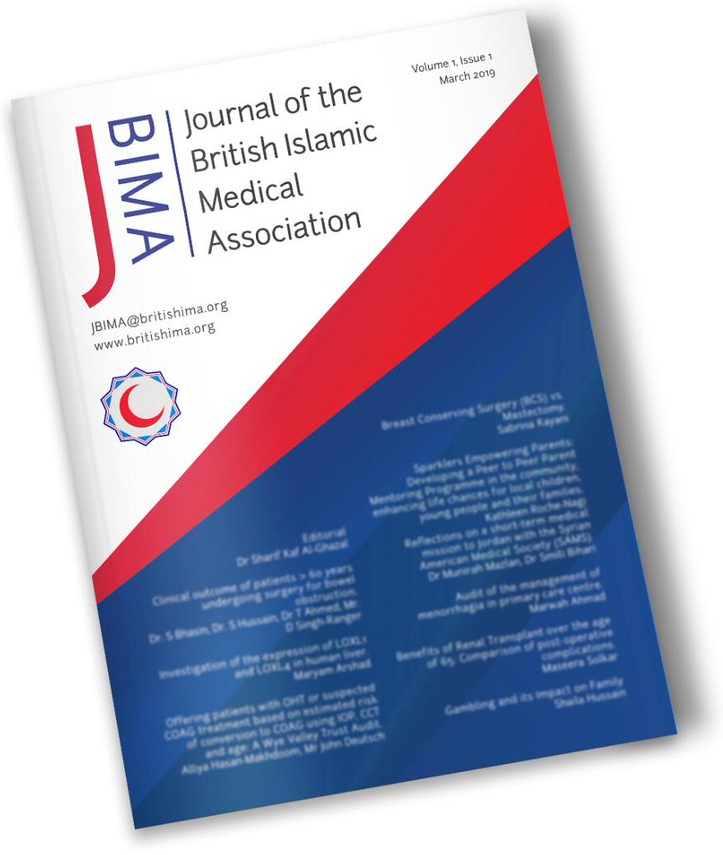
1001 Cures: Uncovering 1000 Years of Medicine and Health Care to promote Inter-cultural Respect and Appreciation
The content of many schools’ curricula and popular books of science and medicine rarely mention any scientific or technological progress between the fall of the Roman Empire and the European Renaissance. Yet reliable history books tell us of a period lasting nearly 1000 years after 600 CE, where a vast amount of scientific and intellectual activity took place in non-European cultures particularly in the Muslim world.
Strangely, the neglect includes the contribution of Muslim Spain (Al-Andalus) despite it being European. Unfortunately, this public amnesia has led to a polarised world.
The Foundation for Science, Technology and Civilisation (FSTC) recognised the need for a new language based on the cultural roots of science to discover connections between cultures to foster social cohesion and inter-cultural respect. Looking at world history through the lens of science, we see examples of cooperation, homage and respect throughout humanity. FSTC endeavours to popularize the notion that the development of science, technology and medicine benefitted from all cultures. This is exemplified by the famous saying of Sir Isaac Newton: “If I have seen further it is by standing on the shoulders of giants”.
Initiatives like the ‘1001 Inventions’ exhibition and accompanying literature and films have been met with resounding success and popularity. Building on this success, FSTC has embarked upon a new initiative focusing on the history of medicine and healthcare. This is named 1001Cures. It is a global initiative aiming to deliver in the public domain high-quality publications, exhibits and educational resources, accompanied by a series of academic and cultural activities. The aim is to encourage the building of a better shared future by positively altering public attitude through re-perceiving of historical connections within a new space for dialogue: the cultural roots of science. In this space, people will discover new knowledge to fill the gap and remove the 1000 years Dark and Middle Ages amnesia.
“1001” in Arabic is a poetic historic term used to mean “numerous”. It is familiar in the Western world from the title of the classic folk-tale collection, 1001 Arabian Nights. In the title 1001 Cures, however, the word refers to the many scientific and cultural stories of inventions and innovations in medicine and all aspects of healthcare, that this initiative seeks to tell.
The wider content of the material so far collected is published in the portal www.muslimheritage.com. More extensive material pertaining to medicine and healthcare can be divided into eight zones. Each zone reflects a major area of medicine and health care offering themes such as Medicine of Ancient Civilizations (Mesopotamian, Egyptian, Persian, Indian, Chinese and Greek), Early Middle (5th – 8th centuries) and High Middle Ages (9th – 14th centuries). Subject to adequate resources the data will be sufficient to produce exhibits on: Preventative medicine, Hospitals, Quality control, Medical Education and licensing, Clinical Medicine, Experimental Methods, Anatomy and Functional Anatomy, Surgery, Ophthalmology, Pharmacy, Psychiatry, Therapeutic Music, Women in Medicine and Hospitals.
The first publication of this initiative was launched on 14 March 2018 at the Royal Society London, entitled “1001Cures: Contributions in Medicine and Healthcare from Muslim Civilisation” with various chapters written by modern historians of medicine from around the world, edited by Prof. Peter E Pormann of the University of Manchester.
The next publication is by late Prof. Rabie Abdel Halim entitled “1001Cures: Introduction to the Islamic Medieval Medicine”. In an interview with the author, he said:
“one of the most inspiring lessons we learn from the history of medicine and the history of science is that these disciplines broaden our world viewpoint and outlook to life. A thoughtful study of the history of science is bound to strengthen a unique feeling of brotherhood, unity and universality of mankind.”
So, through these initiatives, FSTC aims to bring the best scholarship to a much wider audience, and thus demonstrate that (a) the scientific tradition of non-European civilisations is both interesting in its own right and innovative in numerous ways, and (b) this heritage is very much part of the medieval legacy of ‘Western’ science as it developed in the universities of Europe during the Middle Ages and the Early Modern period.
I hope the new Journal of the British Islamic Medical Association (JBIMA) will play a significant part in supporting this vision and help spread the message and highlight the great advancements in the history of Islamic medicine.
I congratulate BIMA and its members for publishing the first journal of its kind in the UK and look forward to it shining a light on Muslim scholarship that contributed to such stunning developments in the field of medicine over the years. There is no doubt that JBIMA will help aid the discovery of previously unknown progression in this subject.

